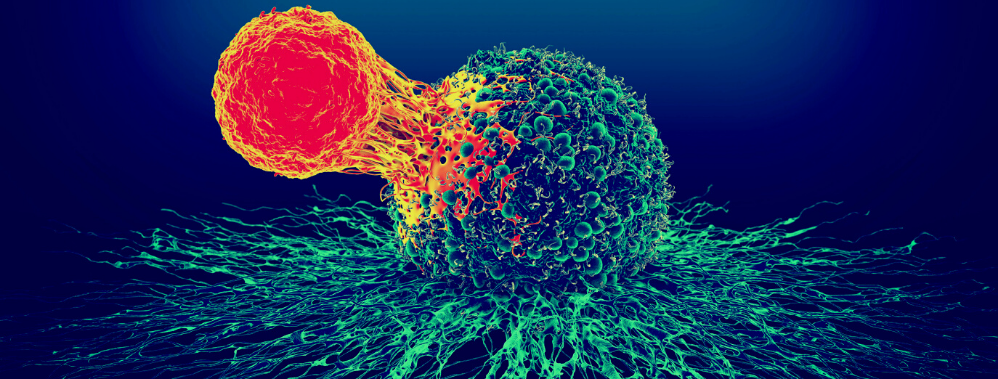University of British Columbia
Modern medicine has been waging war against cancer since the discovery of the first chemotherapy agents nearly 100 years ago. Our progress in fighting cancer has been continuous but slow – the expectations of many evolutionary breakthroughs have been tempered as we gain new knowledge of the incredible complexity and expressions of the disease. As an example, scientists have discovered that each individual tumor is unique, formed by a complex system of diverse interacting cells of many different types. It is this characteristic that makes some cancers so tenacious; highly targeted treatments that kill off 99 percent of a tumor will leave behind a small population of treatment-resistant cancer cells that reestablish malignancy after time.


